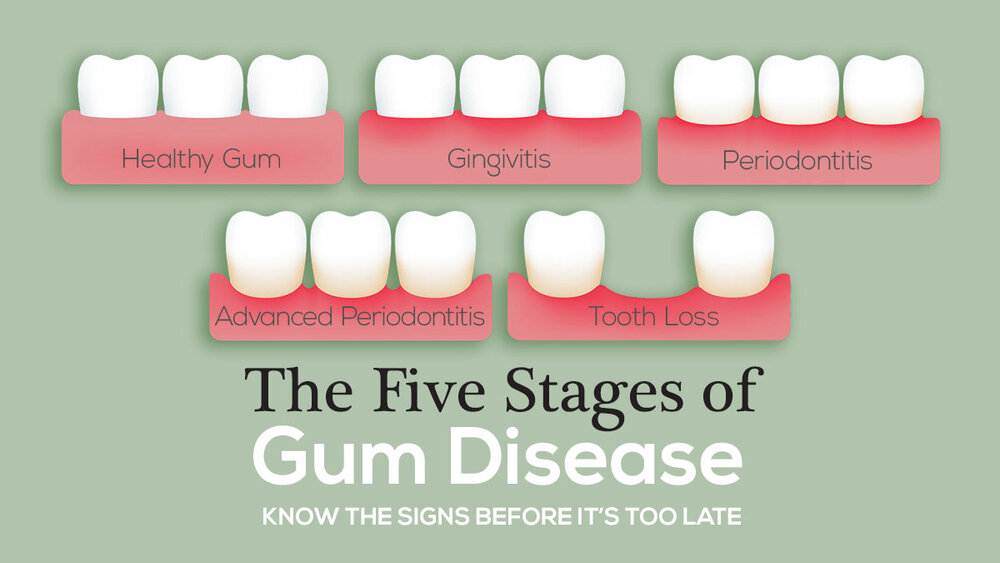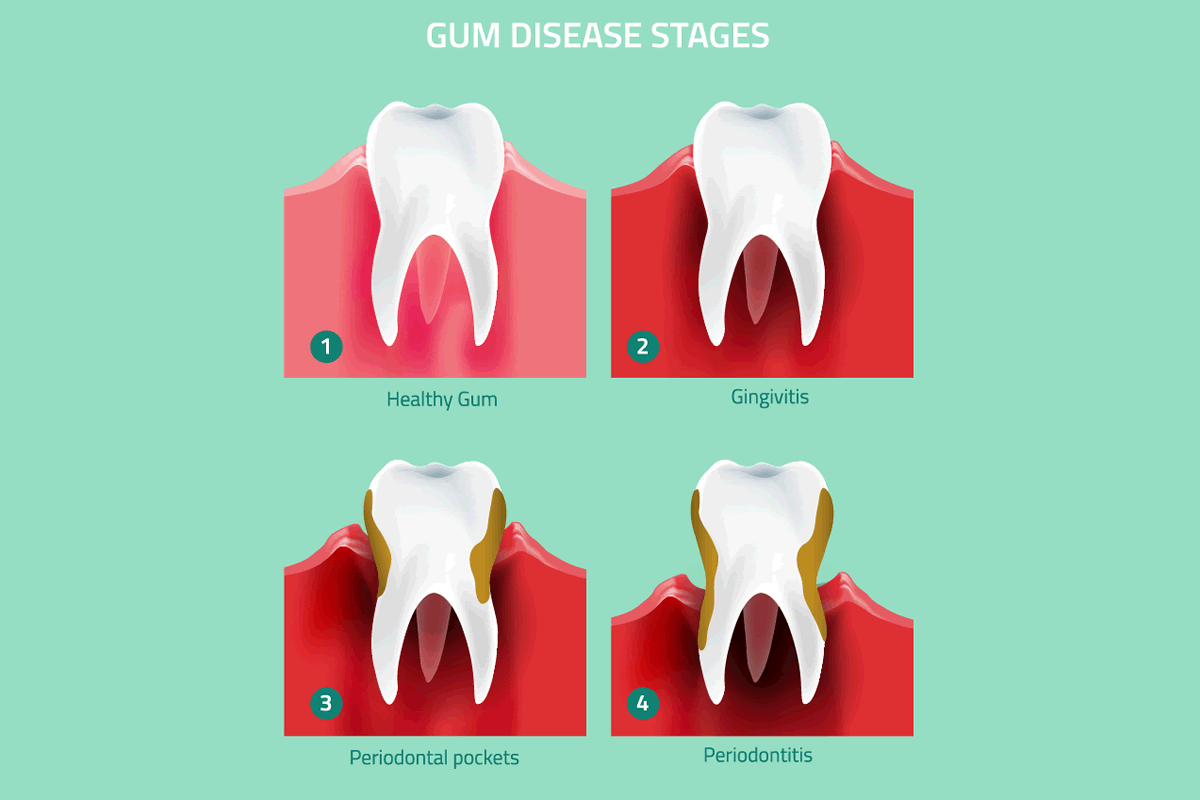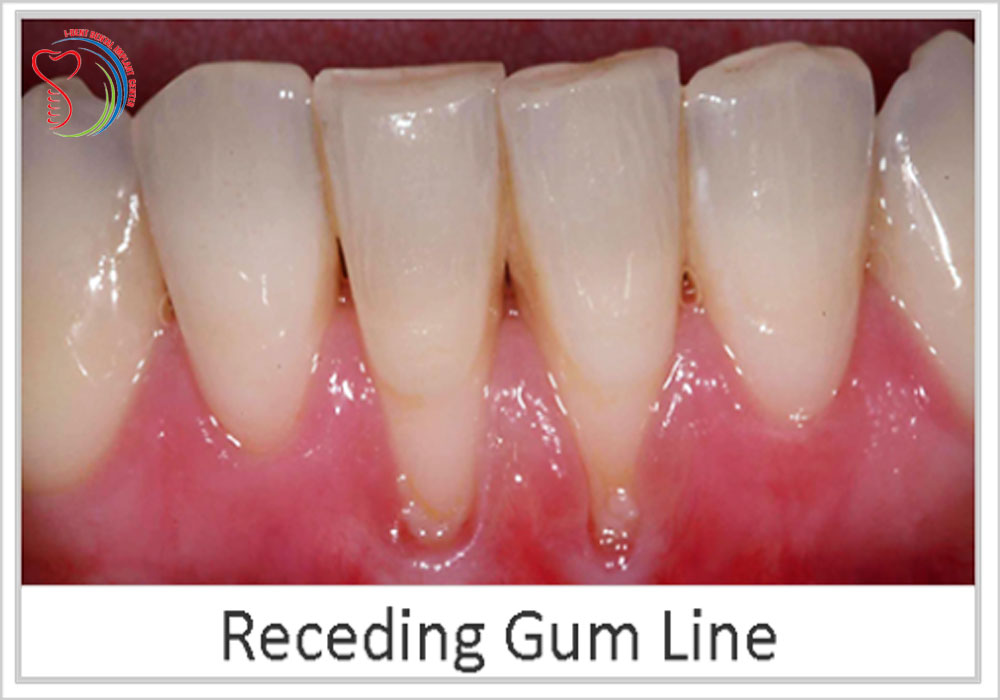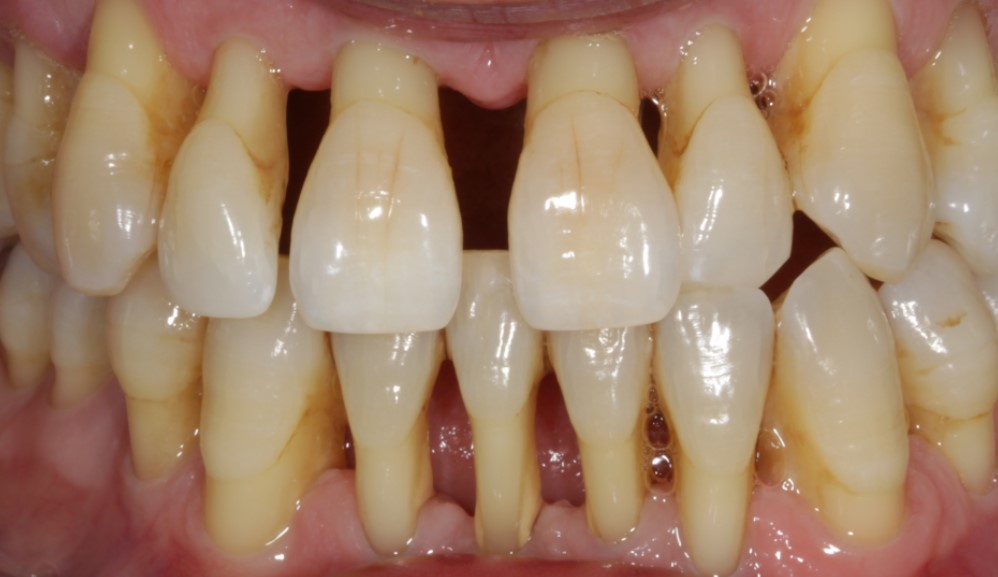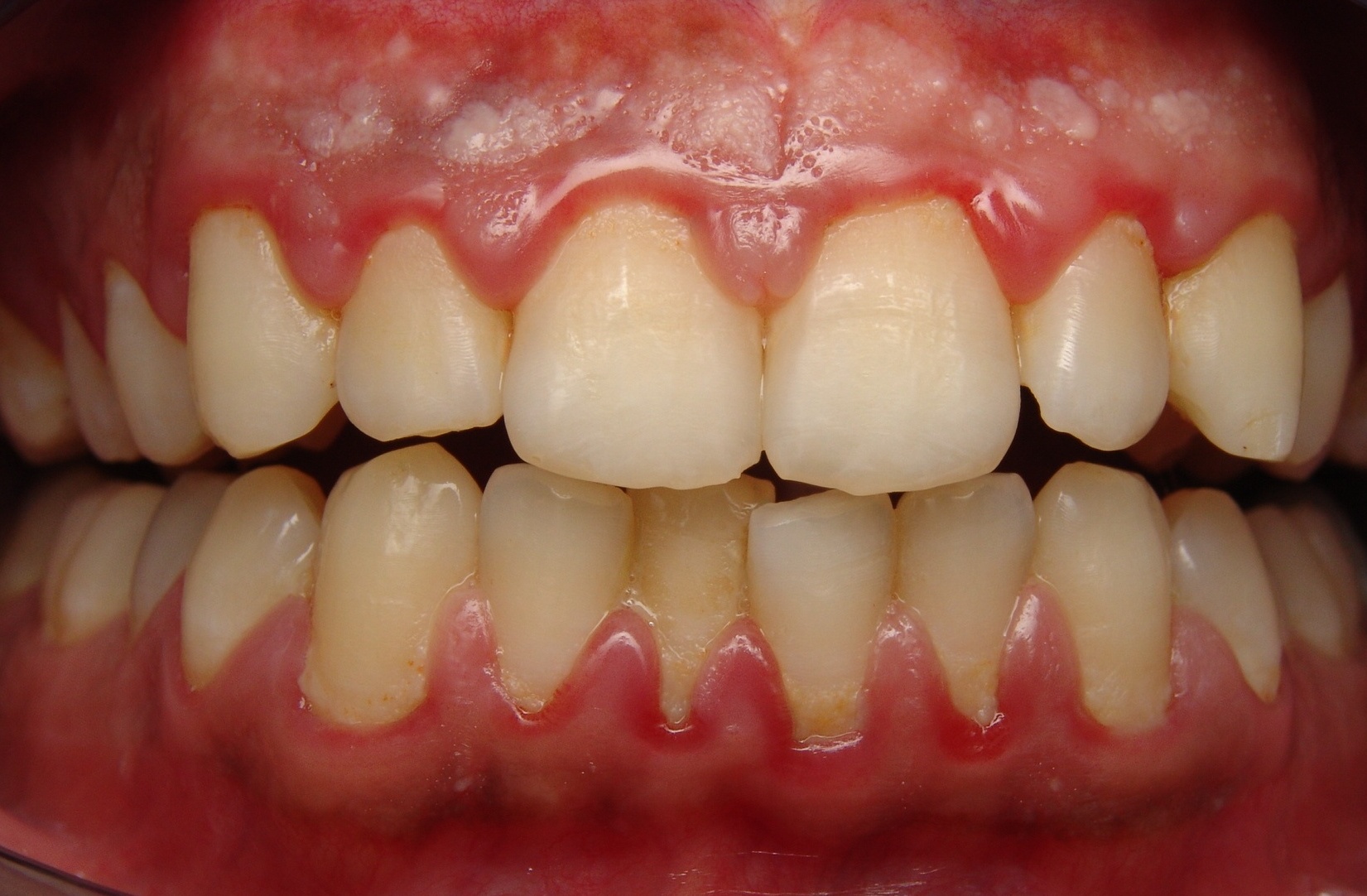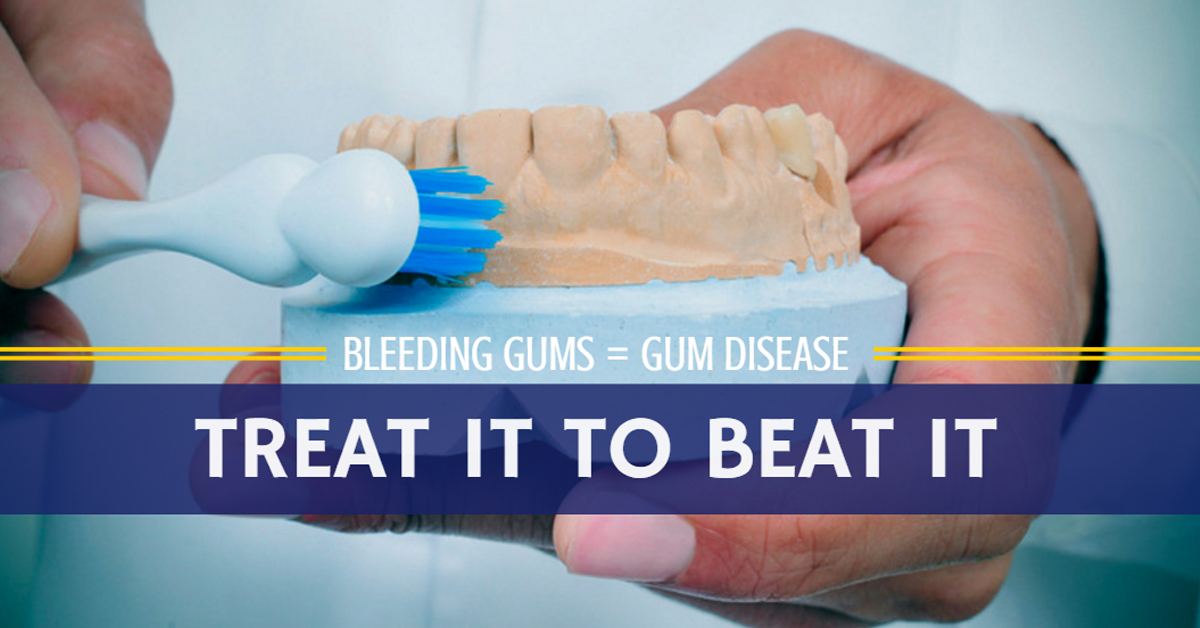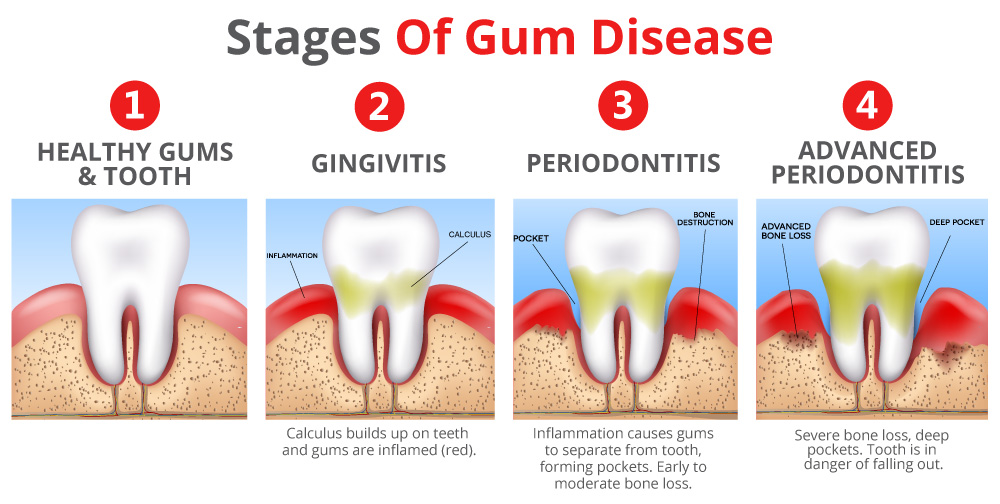Glory Info About How To Treat Advanced Gum Disease

How to treat gum disease symptoms of gum disease.
How to treat advanced gum disease. Any toothbrush will do, but electric toothbrushes are especially effective. Gingivitis symptoms aren’t always obvious in the early stages, so you may have it and not know it. If your gum disease is further along, your dentist may refer you to a periodontist.
If you try them, they should be added to an oral hygiene routine that also includes brushing your teeth at least twice a day, flossing often, and. A periodontist is a certified and trained dental care provider that offers treatments and heal your gums completely. Gum disease, also known as periodontal disease, can silently progress until it reaches an advanced stage, posing a significant threat to oral health and potentially increasing the risk of other.
Health information gum disease treatment overview gum disease treatment gum disease is caused by germs (bacteria) that live in your mouth. Neem, tea tree oil, and cranberry are a few remedies that may help you improve your gum health naturally. While advanced gum disease may need more complex interventions, you have the power to reverse your gingivitis.
Treatments & procedures / gum disease treatment gum disease treatment gum disease treatment may be nonsurgical or surgical, depending on the stage of disease and your oral and overall health. There are a variety of treatments for gum disease, depending on the stage of the disease,. Bad breath that doesn’t go away, even after brushing.
1 prompt treatment can reverse its damage. If it's not clear what has caused your gingivitis, your dentist may recommend that you get a medical evaluation to check for other health conditions. You or your child have gum disease and other symptoms such as:
This includes brushing your teeth at least twice a day and flossing regularly. If you require extra treatment, the american academy of periodontology explains numerous periodontal surgeries that can help stop the development of your gum disease: This is a dentist with.
Early intervention is key to getting your oral health back on track. The goals of gum disease treatment are to help your gums reattach to your teeth, reduce swelling, and stop the disease from getting worse. Gingivitis, or mild gum disease, is the inflammation of the gum tissue.
High blood sugar controlling gum disease if you’re worried you might have gum disease, there’s a good reason for that. Oral bacteria cause gum disease, which forms a biofilm that eventually causes inflammation. Ask for an urgent dentist appointment if:
This can lead to many complications, including gum recession and tooth loss. The bacteria stick to your teeth, irritate your gums and make them bleed. Be sure to brush for at least two minutes per session, and pay special attention to cleaning the gum line.
Mild cases of gum disease can usually be treated by maintaining a good level of oral hygiene. What are the signs and symptoms of gingivitis? Overview as periodontal disease progresses, you lose more bone and tissue around your teeth.



